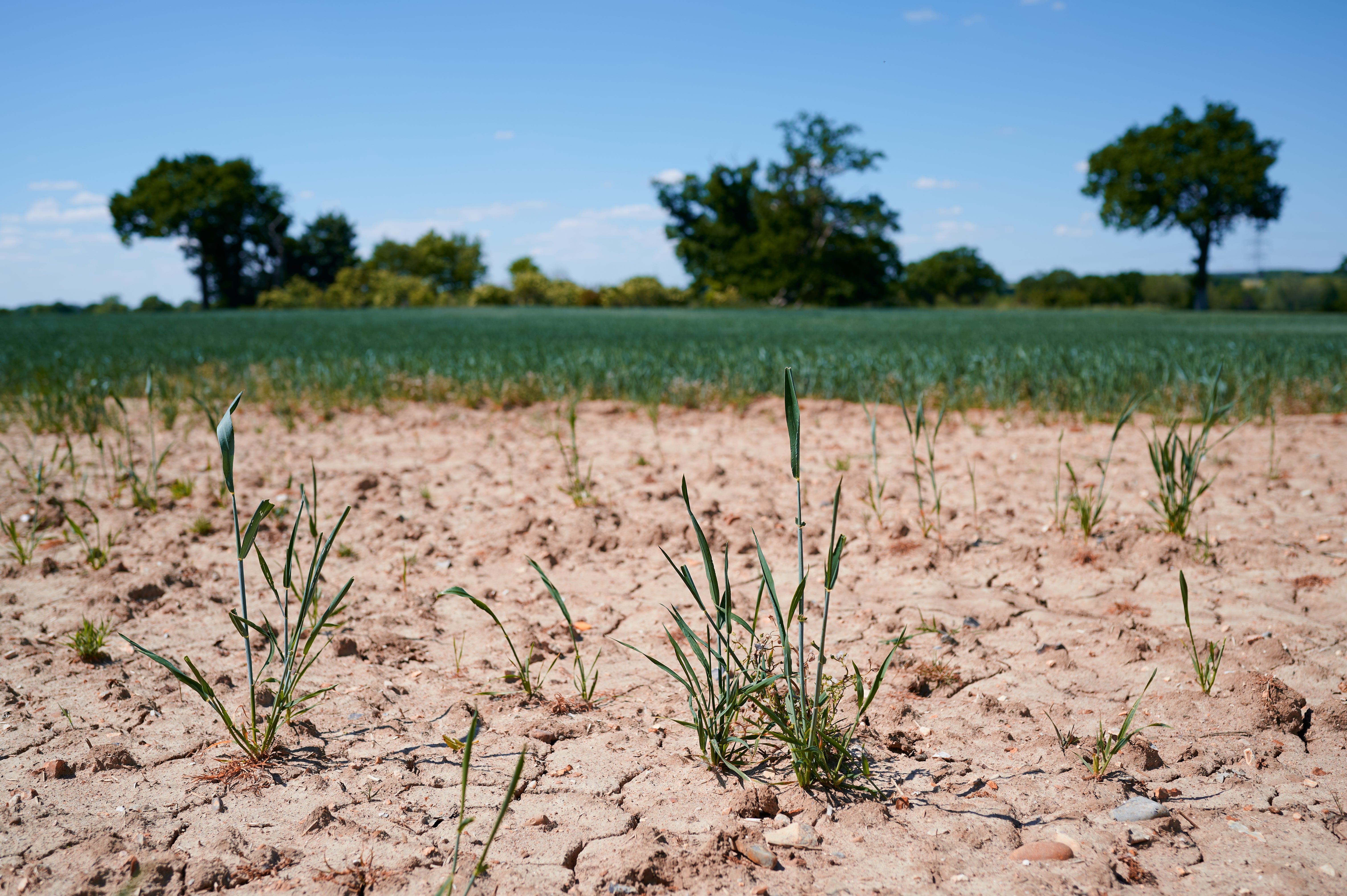Tree planting could play ‘crucial role’ in helping Europe adapt to worsening droughts
Planting new forests can also help to soak up CO2 from atmosphere

Tree planting could play a “crucial role” in helping European countries adapt to worsening droughts driven by the climate crisis, a new study says.
Though no silver bullet, planting new forests is one way in which the world can get to grips with rapidly rising CO2 emissions.
This is because, as trees grow, they naturally absorb CO2 from the atmosphere during photosynthesis and then use it to build new leaves, roots and shoots.
The new research finds that as well as soaking up CO2, planting new forest across agricultural land in Europe would also boost local rainfall levels – helping to reduce the risk of drought in the summer.
It estimates that planting new forests across all available agricultural land in Europe would cause summertime rainfall to increase by an average of 7.6 per cent across the continent.
In their research paper, the authors say the findings show that tree planting “could play a crucial role in adapting to the increased risks of summer droughts due to climate change”.
However, planting new forests across Europe would also cause some regions to experience more winter rainfall – meaning any tree planting efforts need to be planned carefully, says Ronny Meier, a researcher at ETH Zurich and lead author of the study, which is published in Nature Geoscience.
“What we’re finding more and more is that reforestation has local effects on temperature and rainfall, which we need to keep in mind before blindly using reforestation as a tool to mitigate greenhouse gases,” he told The Independent.
The research uses a statistical model to study how changes to forest cover influence rainfall patterns across Europe.
It finds that, in most cases, converting agricultural land to forest causes local rainfall levels to increase.
One of the major regions for this is that planting new forests increases the “surface roughness” of the land, Mr Meier explained.
“We think that the local change in precipitation is mostly related to the surface roughness,” he said. “As you can probably imagine, a forest is a much rougher surface than agricultural land from the atmosphere’s perspective.”
The increase in “surface roughness” alters the way that water is transferred between the land surface and the atmosphere, ultimately leading to increases in local rainfall, he explained.
A growing body of research shows that extreme weather events such as droughts, heatwaves and floods are becoming more frequent and more intense as a result of the climate crisis.
For example, study published this year found that Europe’s summers have become increasingly dry as a result of human-caused climate change.
Join our commenting forum
Join thought-provoking conversations, follow other Independent readers and see their replies
Comments
Bookmark popover
Removed from bookmarks